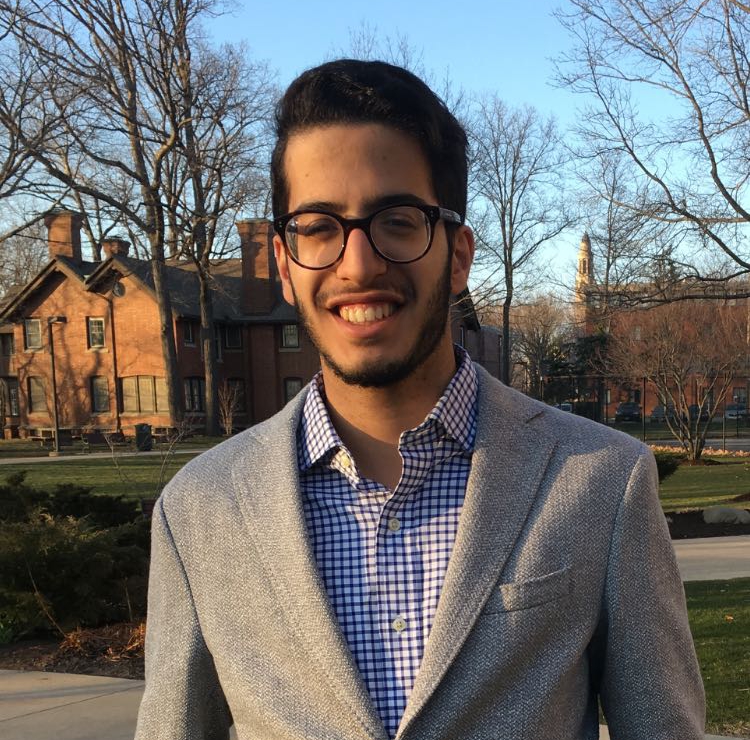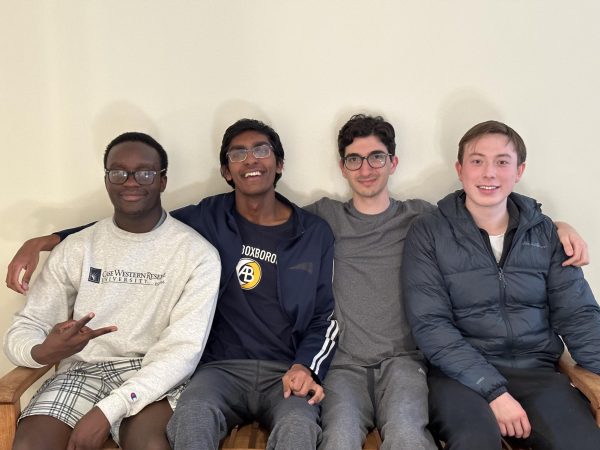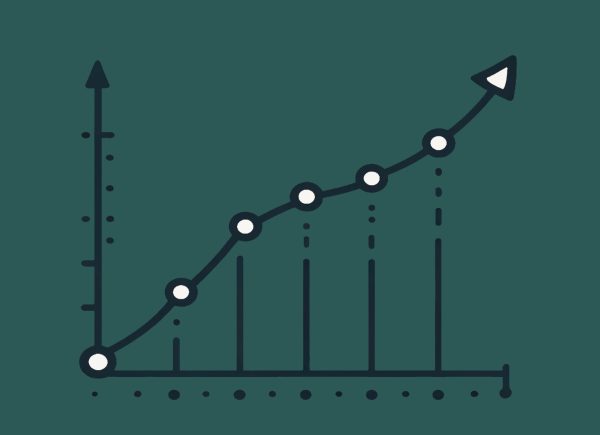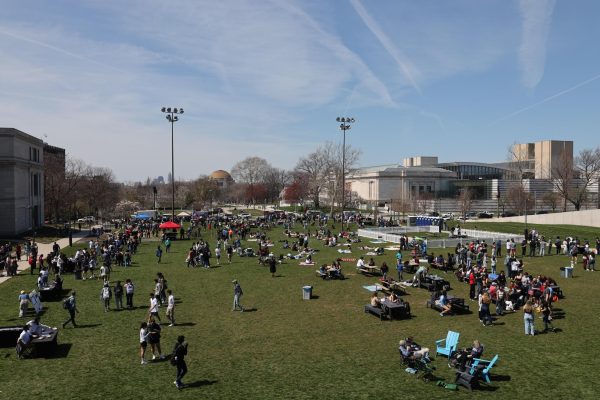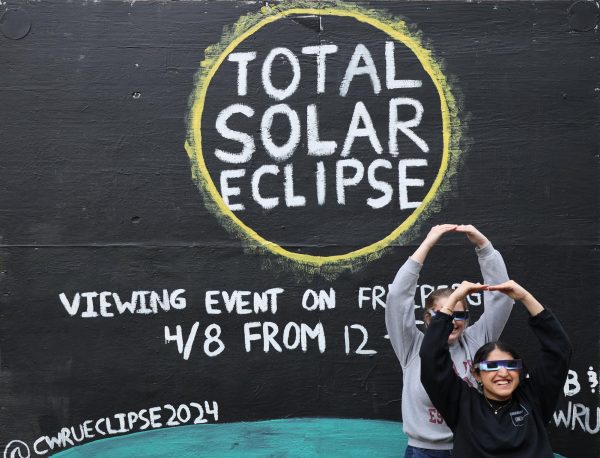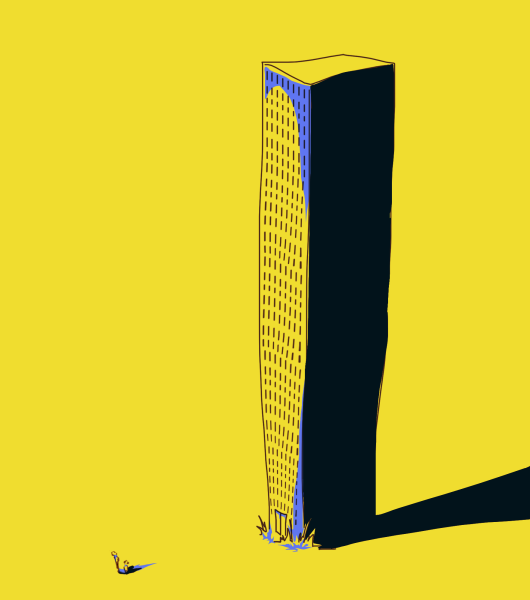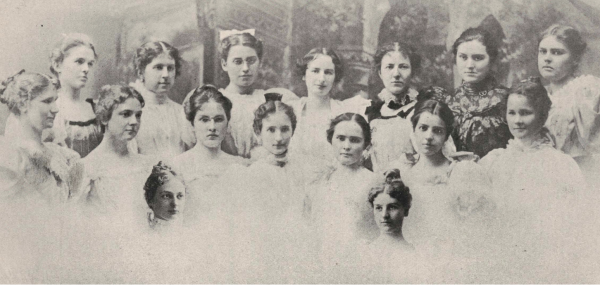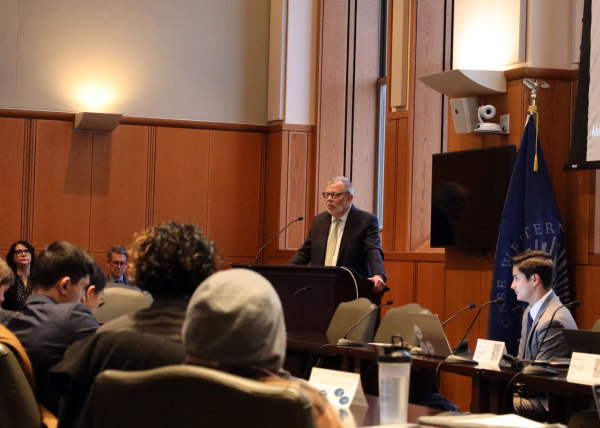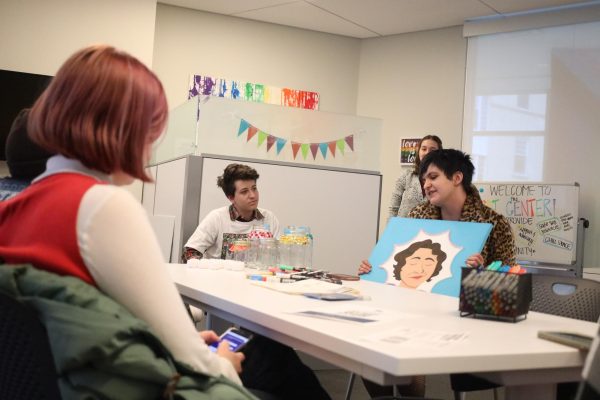USG Election Guide 2018: Kareem Agag
Name: Kareem Agag
Year: Second-year
Major: Economics and cognitive science
Pronouns: He/him/his
Relevant Experience: Served as a College of Arts and Science Representative this past year, served as a First-year Representative the year before that. Two years of Academic Affairs experience.
Running for: Vice President of Academic Affairs
What are your specific plans for the position?
In this position, some of my major plans include working on improvements to student advising, lightening unnecessary busy work, focusing on undergraduate retention and taking a long hard look at rising tuition prices. Additionally, the correct implementation of the Provost’s Commission on the Undergraduate Experience (CUE) report as well as taking a look at the results of the switch to need-aware admissions will both be some of the major tasks on the table for the upcoming year.
What is one initiative that you want to complete in your first semester?
One of the first initiative I want to complete, which I started with a fellow representative this year is what we called an “Interdisciplinary Lecture Series.” The idea is to push academic exploration further by choosing a specific “hot topic,” such as Artificial Intelligence and having faculty speakers from different departments discuss the said topic on different weeks. These lectures would be recorded and be accessible online to all Case Western Reserve University students and alumni to continue learning outside the classroom and push students to “think beyond the possible.”
How will you make sure the implementation of the Commission on Undergraduate Experience responds to student needs?
In order to respond to student needs, it’s important to understand student perspectives. In my experience over the past two years I believe I have developed a keen understanding of the average student’s wants and it’s important to have that in the back of the mind when leading conversations that can impact so many students. I, additionally, want to try to reach out to students directly by email inviting them to committee meetings or one-on-ones where I can get direct student feedback that’s descriptive and a little more unpolished. Often times in Undergraduate Student Government (USG) we have to deal with hard data or representatives who have very concrete plans, but that leads to missing the ethos of the original goal. I hope, by directly involving students, I’m able to get as many perspectives as possible to really be able to point to where the “average student opinion” lies. Administrators respond very kindly to the student opinion when it has been logically gathered and processed.
With the VP of Academic Affairs sitting on the Faculty Senate, how do you plan on communicating student needs to faculty and administration? Do you think that student concerns are currently being heard by the Faculty Senate?
I think the Faculty Senate does try its best to listen to student concerns and try to address them. The Vice President currently has to serve as the liaison, which I hope to be able to expand to at least other Academic Affairs committee members. I think for a body such as the faculty senate, it’s important to hear as many student perspectives as possible and whether I’m able to do it through reaching out to students myself (with the help of my committee) or by being able to invite students, I hope to be able to provide faculty with as many student perspectives as possible.
How will you ensure transparent use of the need-aware admissions policy change?
The resolution that was authored last year that requires the administration to review the policy is a very good step that’ll hopefully lead to good dialogue about the success of the policy-change. The goal of getting more low-income students to attend CWRU is admirable, but with the switch to need-aware, the expectation is that more high-income students will be brought in and the middle would be cut out. It’s important that in the coming year, administrators are pressed about the policy change and that using the data we can determine how to improve as a university. The ultimate goal is to make our University affordable for everyone to attend without a mountain of debt that they must navigate upon graduation and we must work towards that in the upcoming year.
How will you work with faculty and the administration to increase support for non-STEM programs?
I plan on working with faculty and administration to increase support for non-STEM programs by pushing for more funding into the non-STEM fields, engaging more faculty speakers from non-STEM fields to become more prominent and develop more relationships between the non-STEM departments and co-op and internship opportunities. Often times non-STEM programs can be marginalized at this university but I believe that in accordance with the new provost, who’s not an engineer, we’ll be able to move CWRU in the direction that will be positive for all students attending our wonderful university.










